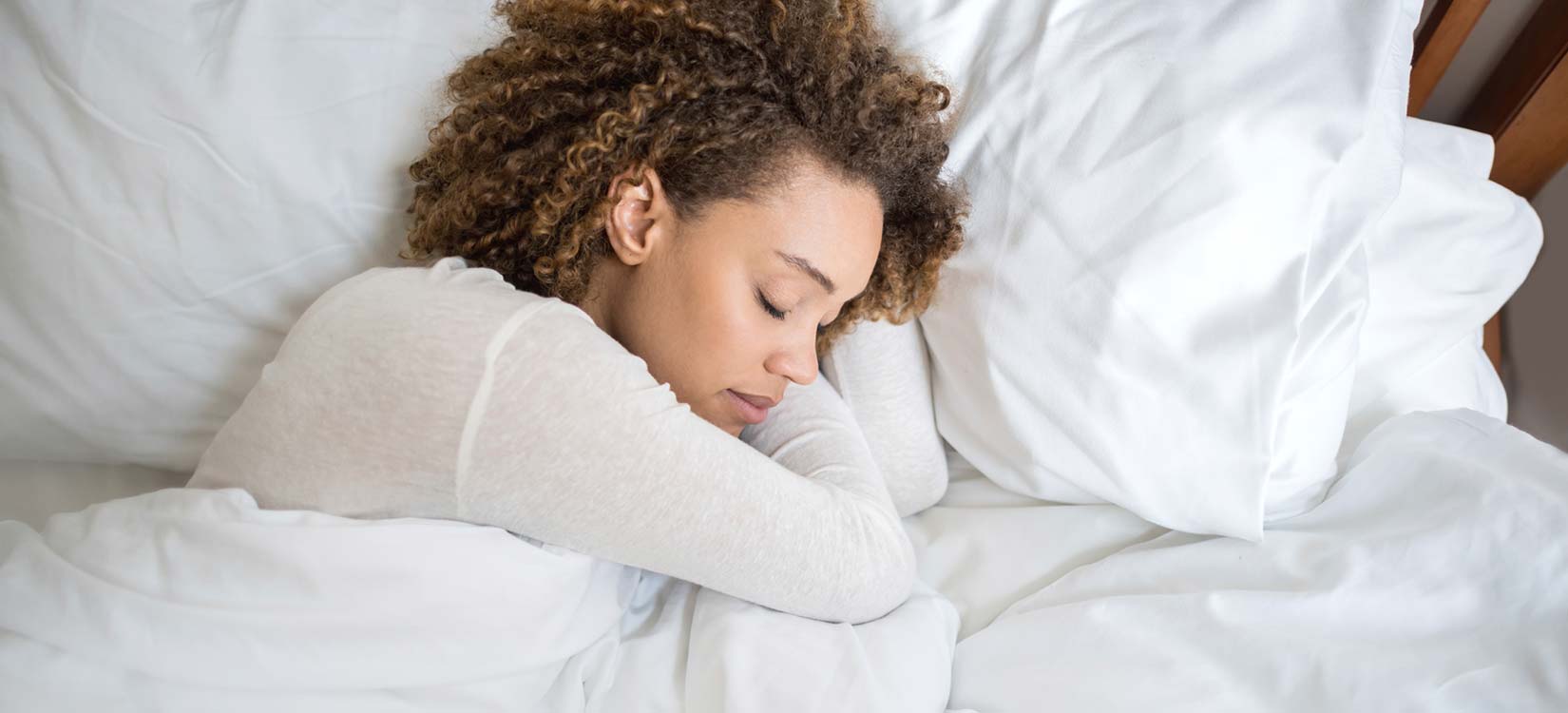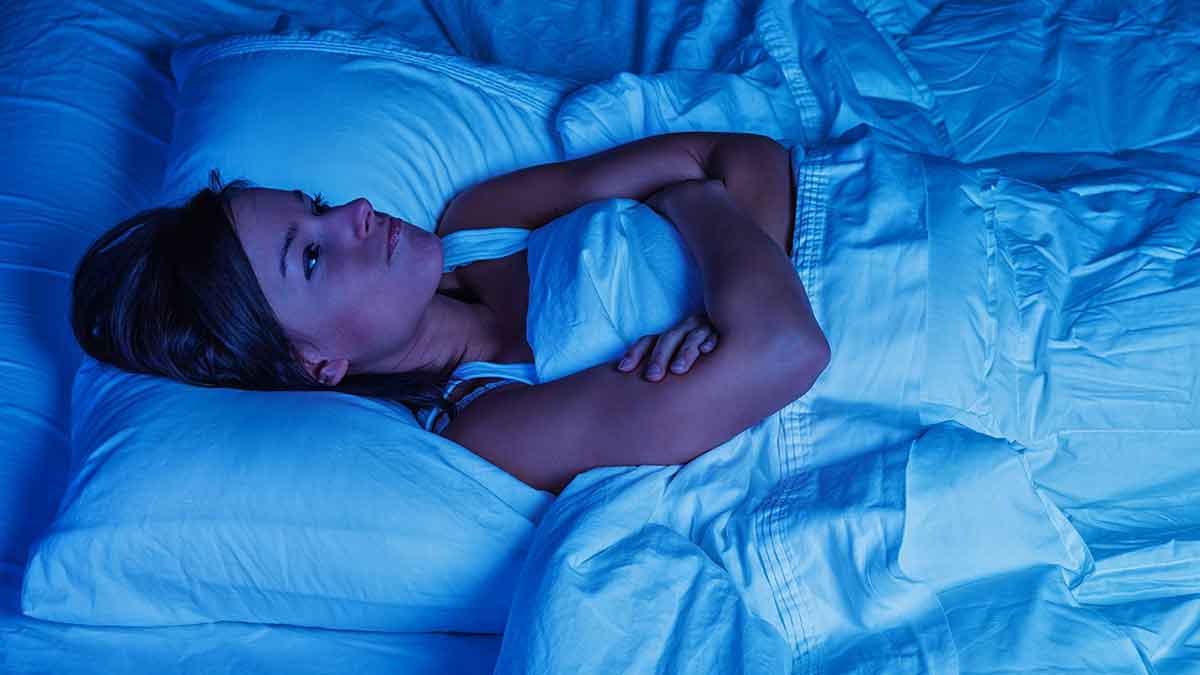Feel tired too often? 7 practical sleep tips you're not trying
 Sleep is a linchpin of health – the evidence mounts with each published study. Good sleep appears to aid memory and brain function, reduce stress and inflammation, improve athletic performance, contribute to healthy weight and mental health, and the list goes on.
Sleep is a linchpin of health – the evidence mounts with each published study. Good sleep appears to aid memory and brain function, reduce stress and inflammation, improve athletic performance, contribute to healthy weight and mental health, and the list goes on.
This new understanding of sleep challenges America’s 24/7 culture of over productivity – where success often means burnout, too. And the voices calling our collective sleep deprivation a national crisis are becoming a chorus.
Unfortunately, our sleep faces enemies on all fronts, from our eating habits, to our always-connected work life, to the screens we stare at all day. Discoveries like the impact blue light has on wakefulness and the effect dim light has on sleep are exciting, but we’re not going to technology our way out of this issue. The solutions are decidedly old-school.
Here are 7 tips from our sleep experts to help you get a better night’s sleep:
-
Keep regular hours.
Early to bed, early to rise, remember? Try waking up and going to sleep at the same times every day. Getting into a good sleep cycle can help you avoid sleep disorders. -
Don’t go to bed too full (or too hungry).
If a late meal is on the menu, eat light and avoid sugary, high-carb foods. Heavy meals can make you uncomfortable, cause acid reflux or fire up your metabolism and make it difficult to relax. If you are dieting, don’t ignore a rumbling tummy. Try a low-calorie snack before bed. -
Exercise regularly, but maybe not right before bedtime.
Intensive exercise before bed may increase your core temperature and boost your heart rate and adrenaline, making it difficult to rest. Schedule vigorous workouts earlier in the day, and try gentle exercises like stretching or yoga to help you relax at night. -
Create a bedtime routine.
Setting up a calming nighttime routine can train your body to prepare for sleep. Trade Facebook for an actual book, listen to some soothing music or meditate. -
Your bedroom is for sleep (and sex).
Keeping your bedroom dark, quiet and cool isn’t just romantic, it can also help you sleep. -
Minimize dim light in your room.
Sometimes near-dark isn’t dark enough for healthy sleep. Turn off the TV (or get it out of the room altogether!), put your phone and tablet away, skip the nightlights and close the drapes if light pollution is an issue. You might even consider a sleep mask to give your body the darkness it craves. -
Limit tobacco and caffeine.
No surprises here: Nicotine and caffeine can keep you awake. Cut the caffeine about six hours before bed. And, seriously, cut the tobacco altogether. There’s more at stake than sleep.




